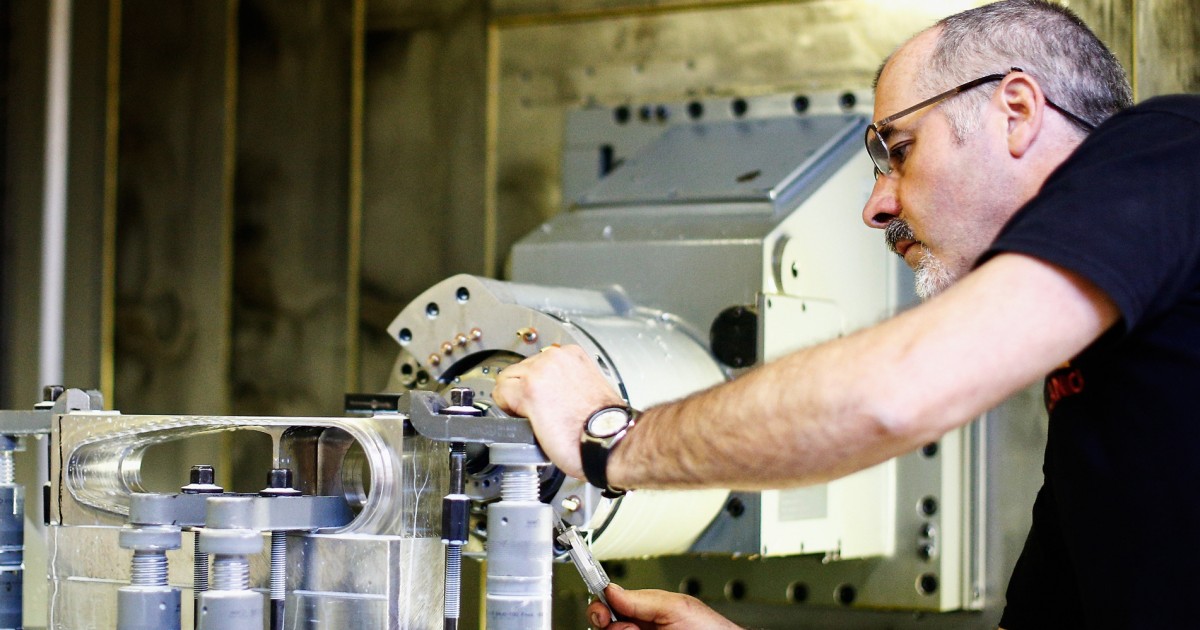
Celestial Objects
Celestial objects refer to any natural object that exists outside of Earth's atmosphere, including planets, moons, asteroids, comets, and stars. The study of celestial objects involves understanding their physical and chemical properties, as well as their motion and interactions with other objects in space. This field of study is important for space exploration, as it helps scientists to better understand the universe and the potential for life beyond Earth. Celestial objects can be observed and studied using a variety of tools, including telescopes, spacecraft, and rovers.
Your Previous Searches
Random Picks
- Earth Observation Satellites: Earth Observation Satellites are spacecraft designed for remote sensing of the Earth's surface, atmosphere, and oceans. They are equipped with sensors that capture data in various wavelengths of the electromagnetic spectrum, such as visible ... Read More >>
- Planetary Colonization: Planetary colonization is the process of establishing permanent human settlements on celestial bodies other than Earth. This involves designing and developing spacecraft, habitats, life support systems, and other technologies that can susta ... Read More >>
- Microgravity Tolerance: Microgravity tolerance refers to the ability of living organisms to adapt and function in a weightless environment. In space, the absence of gravity can cause a variety of physiological changes in humans and other organisms, including muscl ... Read More >>
Top News

Scientists release plans for an even bigger atom smasher to address the mysterie...
GENEVA — Top minds at the world’s largest atom smasher have released a blueprint for a much bigger successor that could vastly improve research into the remaining enigmas of physics....
News Source: NBC News on 2025-04-01

Scientists release plans for even bigger atom smasher along the French-Swiss bor...
Scientists at the world’s largest atom smasher have released a blueprint for a much bigger successor that could help solve enigmas of physics, starting in the mid-2040s at a cost of about $16 billio...
News Source: ABC News on 2025-04-01

The 'Blaze Star' hasn't exploded yet, but it could soon...
T Coronae Borealis has an outburst every 79 to 80 years, according to NASA....
News Source: ABC News on 2025-03-28
I visited the sprawling 'metroburb' where 'Severance' is filmed. It's a 2 millio...
Bell Works, the real office complex that doubles as Lumon on "Severance," is redefining what an office can be....
News Source: Business Insider on 2025-03-28

We've spotted auroras on Neptune for the first time...
After 34 years of searching, astronomers have finally confirmed Neptune has auroras, thanks to data from the James Webb Space Telescope...
News Source: New Scientist on 2025-03-27